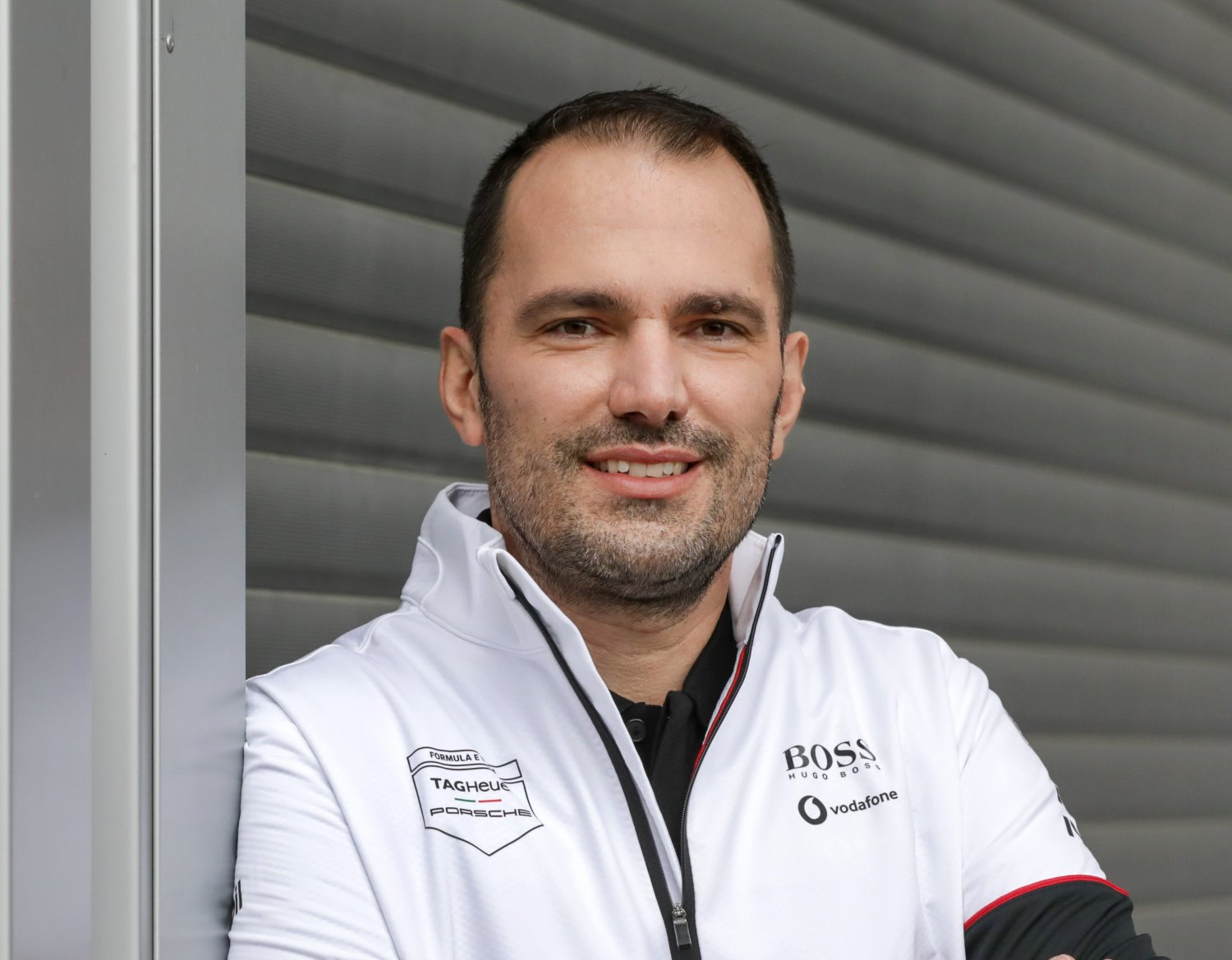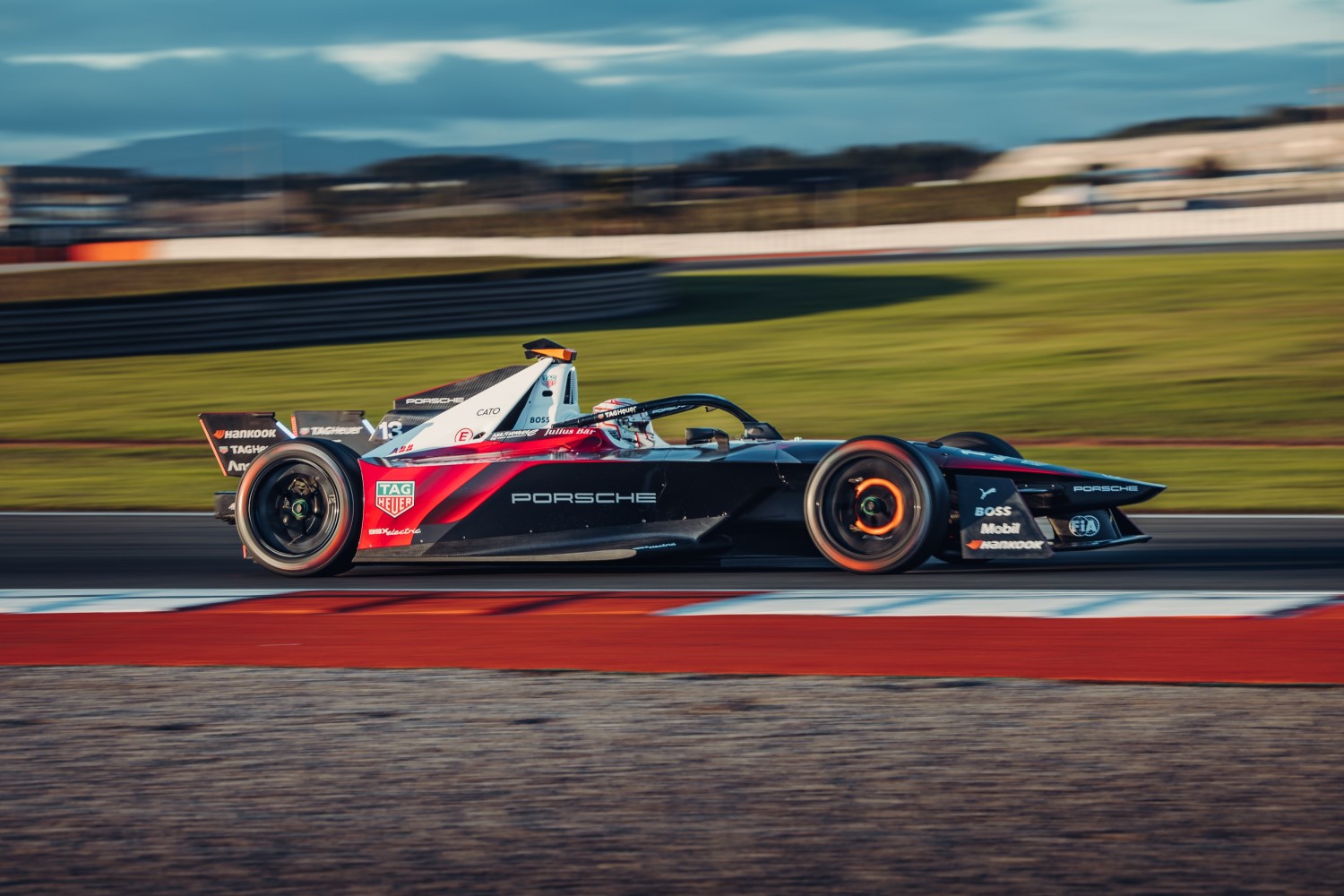Formula E: New Gen 3 car has fatal flaw, will teams refuse to race?
Alarm bells are sounding with Formula E teams about the safety of their Gen3 cars that appear to have a fatal flaw that can endanger the driver.
Several cars have had an inverter failure which caused the car to shut down. When that happens and the drivers goes for the brakes they only have cold front mechanical brakes that have little stopping power.
The Gen3 car relies on an enhanced use of regenerated energy, which is being used for retardation via the front powertrain, drivers are unable to slow the car adequately.
Two incidents happened in Valencia last week and Incidents have also occurred in private testing.
The FIA confirmed to The Race last month that a secondary braking system, one that would effectively act as a failsafe mechanism in such incidents as Buemi’s, would be implemented.
However, the FIA’s technical director Xavier Mestelen-Pinon, who was in attendance at Valencia, revealed it wouldn’t be available until partway through the 2023 season.
Are the teams willing to put driver safety at risk until midway through the 2023 season. It seems it would be prudent to cancel all events until the fix is implemented.
Porsche’s Formula E manager Florian Modlinger says that after Buemi’s shunt he is “expecting transparency and a response from the FIA that we are informed of what happened there, because clearly question marks are coming up”.

“When you see Turn 4,” added Modlinger, “you have a track with run-offs, you have a gravel trap and here in the past with some driver mistakes the car did not look like this [damaged].
“This is the first thing I expect, clear transparency. Until now no further information, therefore we are curious to hear what happened there.”
“It’s the pre-season test and it’s the last test session now before we go racing in Mexico,” said Modlinger.
“The cars were homologated by FIA, this means homologation sheets are done and homologation is finished and according to the FIA a homologated car is [done so] according to their safety standards, and passed by the Failure Mode and Effects Analysis group, and that’s what we count on.
“We have to have full trust that they homologated the cars, and according to their safety standards all cars which run here are homologated.”
The implications of an accident occurring and where the full liability sits now appears to be with the teams as their cars have all been homologated.
It is believed that, in the FIA’s eyes, the fact homologation documents have been confirmed and signed mean liability rests on the manufacturers in the event of an accident.
“The liability topic regarding if anything is happening – well, I’m not a lawyer, I can for sure not answer this question directly, but clearly the cars are homologated by FIA according to their safety standards,” said Modlinger.
“The rest we need to see now, when we get info of what happened today [Friday].
“I think that’s also an action topic and we need to have clarity on what happened, and then we need to go ahead with the discussion and the measures that need to be taken.”
